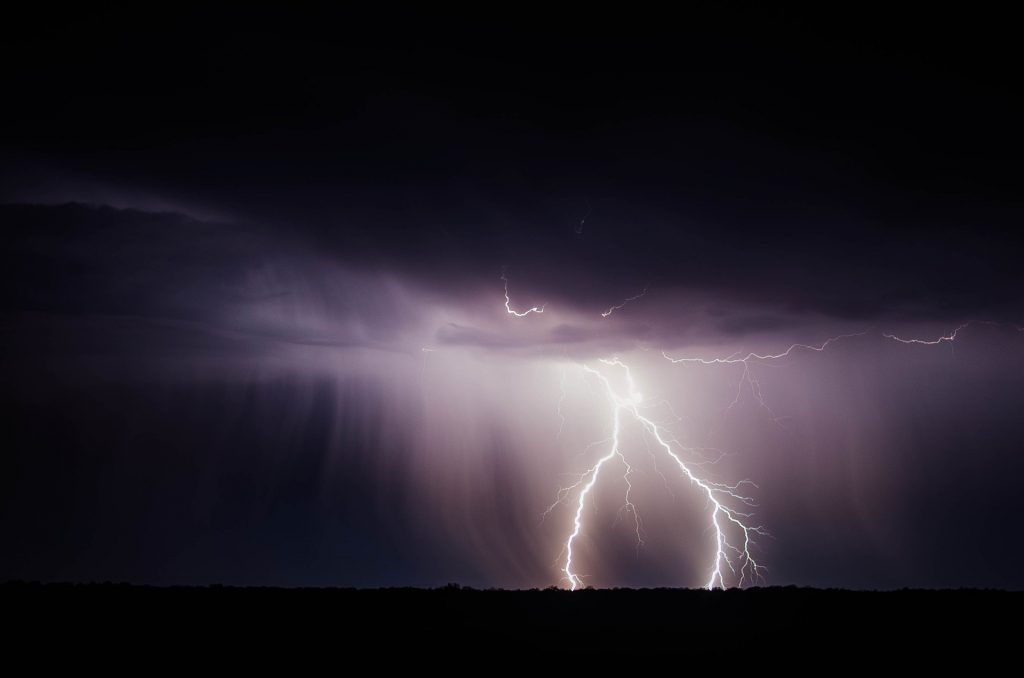 “He who watches the wind will not sow and he who looks at the clouds will not reap.” Ecclesiastes 11:4
“He who watches the wind will not sow and he who looks at the clouds will not reap.” Ecclesiastes 11:4
There is an old legend about a mouse. This mouse was very afraid of cats, so she wished that she could become one. Her wish was granted and she became a cat. Then she saw a dog and became very afraid and wished she was a dog instead. Her wish was granted and she became a dog. Not long after she came across a lion. She realized how massive and powerful this lion was, so she became very afraid, wishing she could be a lion. Again, her wish came true and she turned into a lion.
Now, she figured her troubles must be over because she had become the bravest of beasts. She would fear nothing, she thought.
The next day, she saw a man and the man was holding a rifle. Suddenly, the lion became quite fearful of being shot and killed so she wished she could become a human…and she did.
One day as she sat in her chair in her house, she saw a mouse run across the floor and became very, very frightened – of the mouse.
There is a good kind of fear and there is a bad kind of fear. The good kind of fear is the fear of respect and reverence. This is the fear all people should have toward God and God ordained authority.
But there is another kind…
The other kind of fear is that which dreads anything and everything one cannot control. Often this fear is irrational.
It is this kind of fear which the author is referring to in this passage. It is the fear of the unknown. It is the fear of time and chance.
Applying an agricultural principle, Solomon uses the worried farmer to show how fear can grip us and make us completely unfruitful. Like a person who looks at the wind and the rain – the things he cannot control – and does not act because he does not know whether the unforeseen elements will affect his work.
The ancient farmers sowed by tossing seed in wide, sweeping arcs of the arm. They would throw it to the left and to the right as they walked along the furrows of soil. Now if the wind was blowing, it would create a mess because the farmer could not control where his precious seed was landing. Chances are he could end up wasting much of it.
In the same way, farmers reaped their crops by pulling the produce directly off the plants by hand. They walked between the rows of crops with a large gunny sack and filled it with whatever they could remove. A pouring rain would make doing this very difficult and clumsy. And slow.
The point the author sought to make is this: watching the wind does not keep the breeze down, nor does watching the clouds withhold the rain. It is better to go out and do the work anyway and see if it can still be done. Otherwise, nothing is accomplished.
Fear not – fail not.
This might be an old metaphor, but it sure rings true today.
A lot of well-meaning people are crippled by fear, fear of the unknown, fear of what they cannot control. They refuse to do the things they know they need to do all out of fear of failure, fear of difficulty, fear of affliction.
Essentially, it boils down to a lack of trust. For Christians, it is inexcusable, because the Lord promises over and over again to take care of us:
“The LORD is the one who goes ahead of you; He will be with you. He will not fail you or forsake you. Do not fear or be dismayed.” Deuteronomy 31:8
Fearing the unknown is fruitless – it does nothing for us and makes nothing better. Instead, we should do as our Lord told us and be courageous and bold, and take action, despite the odds, for He is the one supplying us with the strength! As the promise says in Isaiah:
“Say to those with anxious heart, “Take courage, fear not. Behold, your God will come with vengeance; the recompense of God will come, but He will save you.” Isaiah 35:4
Fear not…fail not!
Leave a Reply